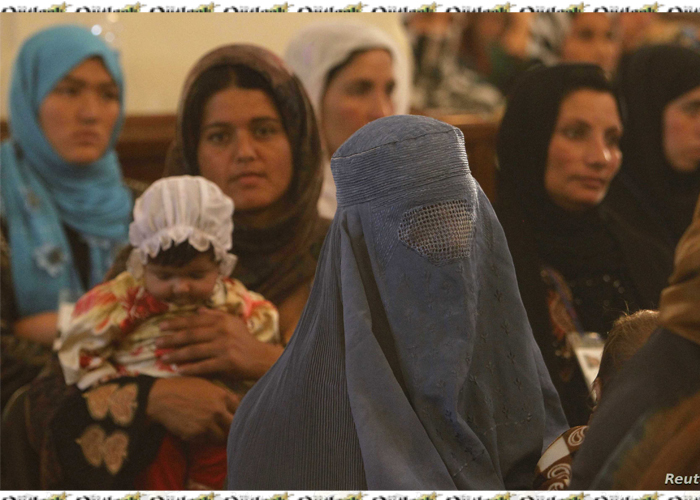It appears that women’s rights and liberties are the main concerns for the United States and European Union. Women have been underrepresented during peace talks despite promises that they would have a place at the negotiating table. So far the Taliban have not promised that they would respect the rights and liberties of women as endorsed in the Constitution but vaguely asserted that women would exercise their rights in the framework of “Islamic Sharia”.
Women fear being viewed from the lens of Sharia, a highly controversial terminology with multiple interpretations and a loophole for Afghan politicians and political leaders from the past up to now. The Taliban still seek to capitalize on Sharia law. On the contrary, Afghan people, after paying heavy sacrifices for protecting their rights and freedoms on the basis of democratic principles, refuse to accept the strict rule of Sharia, mainly with the Taliban interpretation, and embraced the post-Taliban Constitution, which was also endorsed by heavyweight clerics and is not considered contradictory to Islamic tenets.
US politicians show concerns in this regard. Last week, US lawmakers grilled US Special Representative for Afghanistan Zalmay Khalilzad about how women will be protected if the Taliban take control after US troop pullout, and threatened to withhold funding if rights gains are reversed. Democratic Senator Jeanne Shaheen, the only woman on the committee, said there was too much uncertainty about the plans for Afghanistan after September 11 to know whether women’s rights would be protected. She said women in Afghanistan remain targets of violence, something that must be stopped.
She referred to seven women who had been killed by the Taliban for advocating for human rights, saying that those women were courageous but being journalist and activist should not need courage.
It is believed that Khalilzad paid lip service to women’s rights and liberties as he could not get any concessions for women at the peace talks. Worst, women are underrepresented during the talks. In the US-Taliban peace agreement signed between Khalilzad and Mullah Baradar, there is not a single article about women’s rights and freedoms. It indicates that the issue of women and their rights are highly controversial and Khalilzad did not want to engage in it. That is, the Doha agreement shows that troop withdrawal was given the highest priority.
Meanwhile, Afghan women also fear being marginalized from political issues and their rights and liberties were curtailed in the framework of Sharia Law. The return of the Islamic Emirate, unleashes memory of violence and cruelty for Afghan women, who suffered severely under the Taliban. If the issues of women’s rights and liberties are not stipulated clearly and categorically in the peace agreement, if signed between the Afghan government and the Taliban, the Taliban are likely to capitalize on the issue and treat women based on their fundamental ideology. With this in mind, the Taliban have to promise that they would respect women and their rights on the basis of the Constitution.
Meanwhile, the United Nations, European Union and the United States and its international allies have to put their weight behind protection of women’s rights and freedoms. In other words, the international community has to push the Taliban to accept women’s rights based on national law and international instruments instead of treating them on the basis of their ideology.
It is important to note that the issues of women are one of the controversies. There are many ifs and buts about power-sharing, political structure, disbandment of the Taliban group and its integration into the political system, permanent ceasefire, etc. These are all controversial and have to be resolved at the negotiating table and in international conferences. So far, none of the challenges have been resolved. The Taliban still refuse to declare a nationwide ceasefire, but the US has started the withdrawal process regardless of all the formidable challenges, unmitigated violence, civilian casualties, and stalemate in the peace talks. It seems to be a political blunder if the Biden administration wants to say that it will resolve the issues once the soldiers were out of the country.
If the US administration is seeking to ensure protection of women’s rights and liberties, it has to pressure the Taliban to guarantee this. Although women have raised their voice, saying that they would not backtrack, there is no guarantee. Afghanistan’s international allies need to be concerned over all the aforementioned challenges besides to the issue of women’s rights and freedoms. If the international community and regional and global actors do not pressure the Taliban to bring down their expectations and act on the public demands, women will be particularly vulnerable to the Taliban’s fundamental ideology and acts of violence. The concerns are justifiable.
Home » Opinion » There are Many Concerns Besides Women’s Rights
There are Many Concerns Besides Women’s Rights
|

